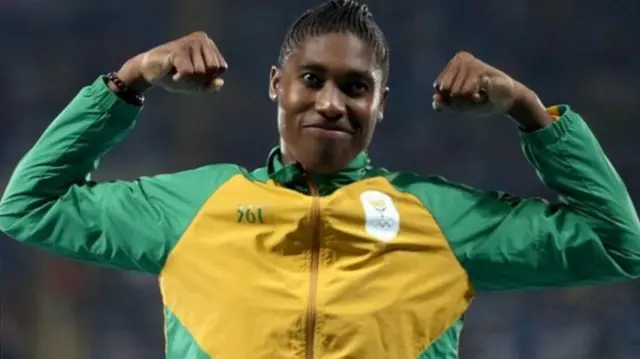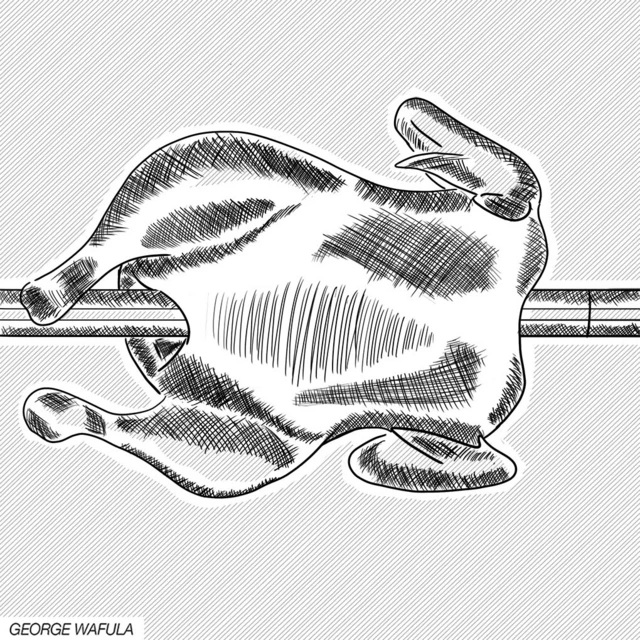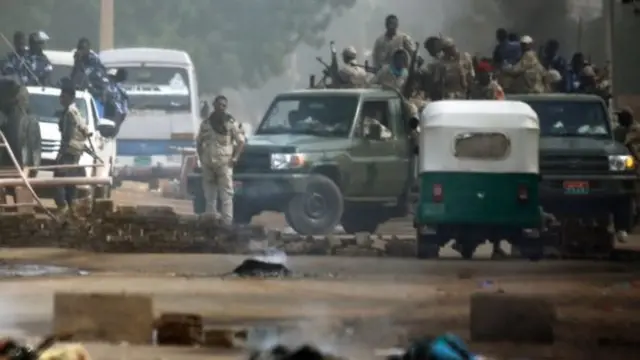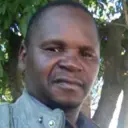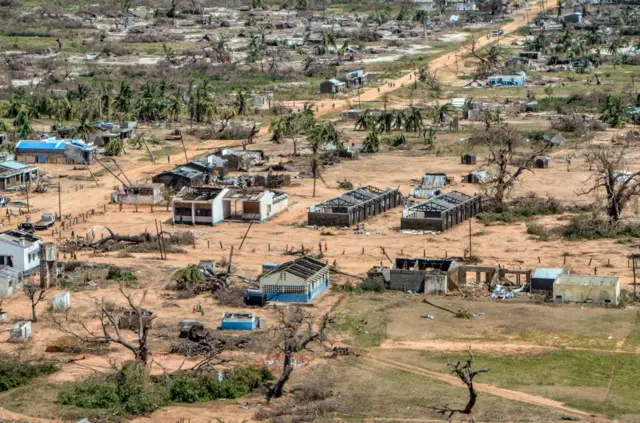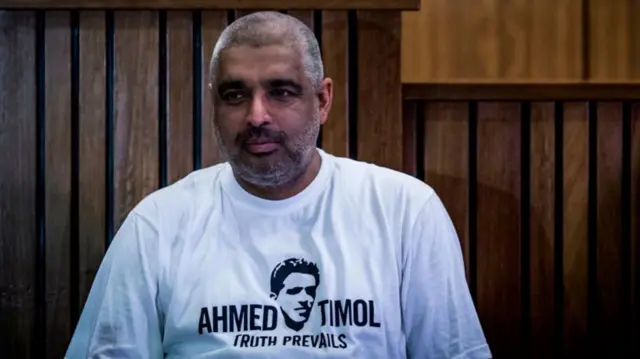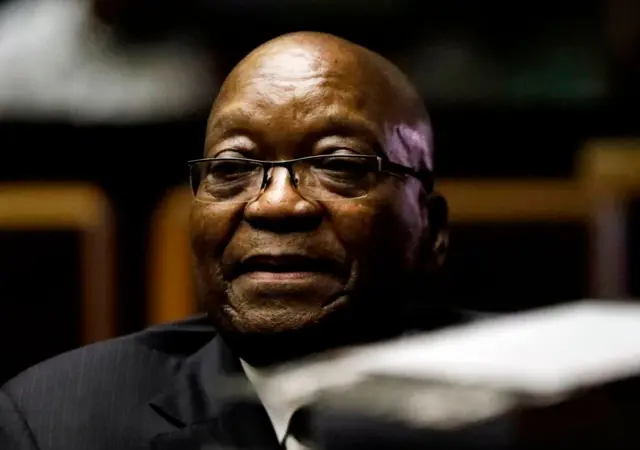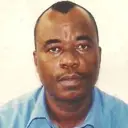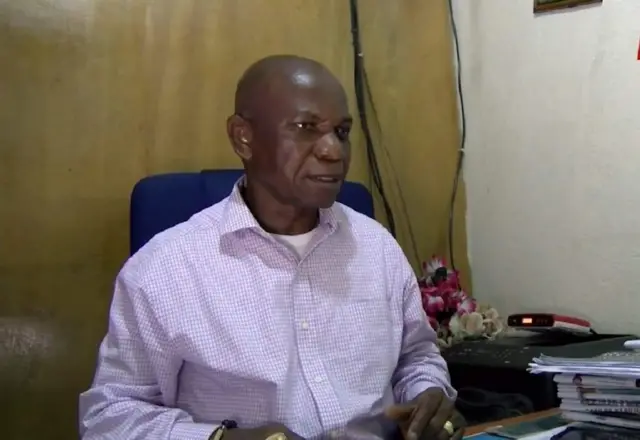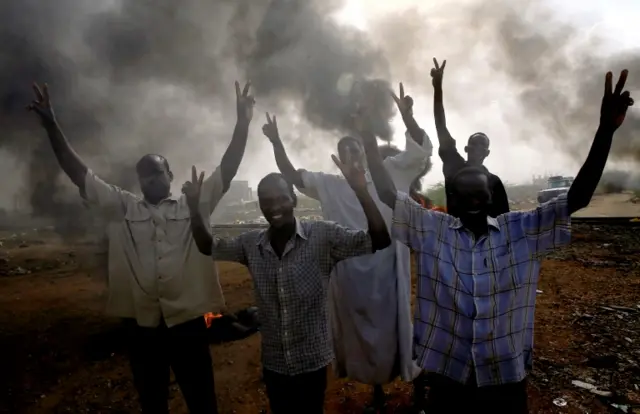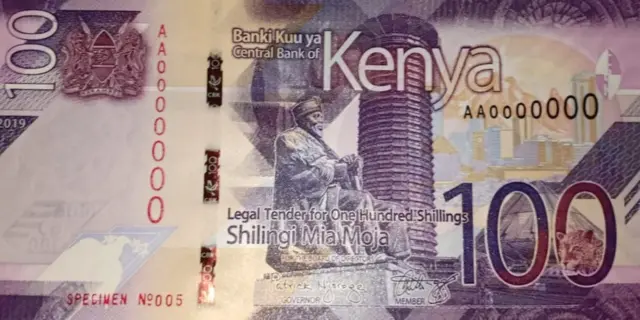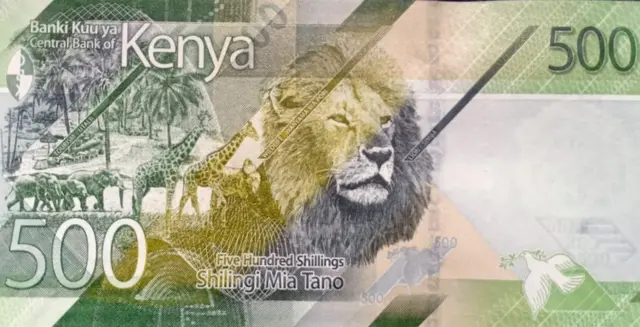Nigeria inquiry says 37 policemen should be sackedpublished at 06:37 BST 4 June 2019
 Chris Ewokor
Chris Ewokor
BBC Africa, Abuja
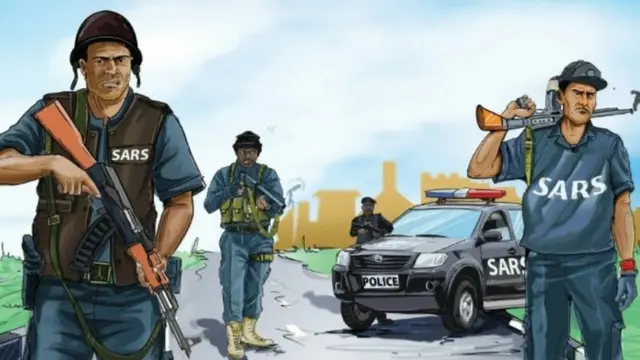 Image source, Nigerian Police Force
Image source, Nigerian Police ForceA Nigerian inquiry into a controversial police unit has recommended that 37 officers be sacked, another 24 should be prosecuted and a further 22 under suspicion of human rights violations be identified.
The panel looking into the activities of the Special Anti-Robbery Squad (Sars) investigated allegations of widespread abuses.
Sars is in charge of combating armed robbery and kidnappings across the country but has been accused of extra-judicial killings, arbitrary arrests, torture and extortion.
President Muhammadu Buhari asked the panel to make recommendations on how to hold police officers accountable.
In addition to the prosecutions, the panel recommended that the police pay compensation to 45 of those who have complained.
President Buhari said the recommendations will be implemented within three months and said police officers should be held accountable for their actions:
Allow X content?
This article contains content provided by X. We ask for your permission before anything is loaded, as they may be using cookies and other technologies. You may want to read X’s cookie policy, external and privacy policy, external before accepting. To view this content choose ‘accept and continue’.
The power to discipline any erring police lies with the Police Service Commission, a body set up and constitutionally empowered to regulate the affairs of the police in Nigeria.
In 2017, the #EndSars campaign began on Twitter as people complained about police brutality.
The campaign began when footage was shared allegedly showing the aftermath of the police killing of a young man.
Many Nigerians responded with their own accounts of their ordeals at the hands of officers from Sars.
* This entry has been updated to correct the number of officers targeted by the inquiry
